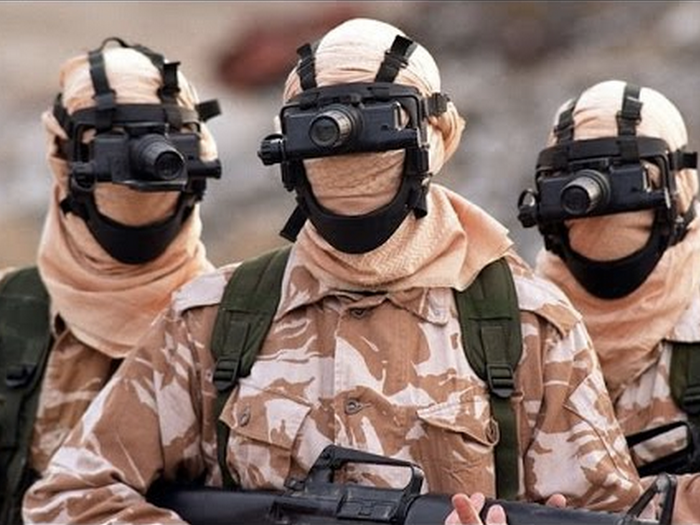The greatest European military leaders of all time
8. Alexander Farnese was born in 1545 to Duke Ottavio Farnese of Parma and Margaret, the illegitimate daughter of the King of Spain, and Habsburg Emperor Charles V.

In 1579 Philip II of Spain sent Farnese to Flanders to regain control of the region from the Dutch. The siege of of the heavily-defended Antwerp began in 1585 and, due to Farnese's tactical brilliance in building a bridge to cut off the defenders from the Scheldt river, it soon fell.
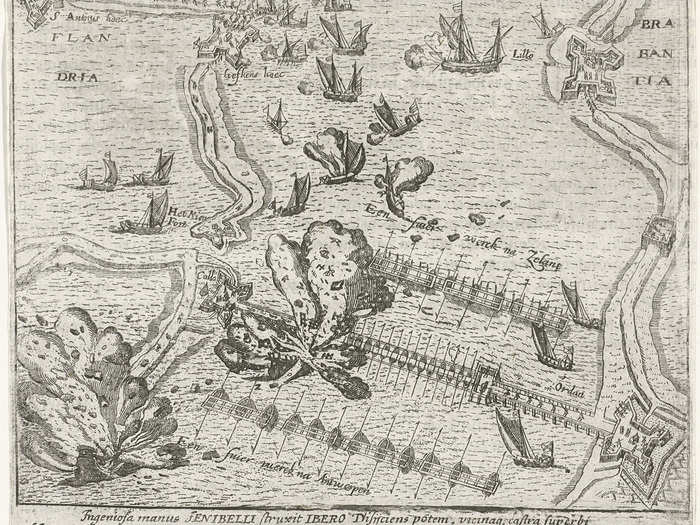
7. Maarten Tromp was born on April 23, 1598 in Brielle, Holland and became the highest ranking naval commander during the during the 17th century Dutch wars with Spain and England.
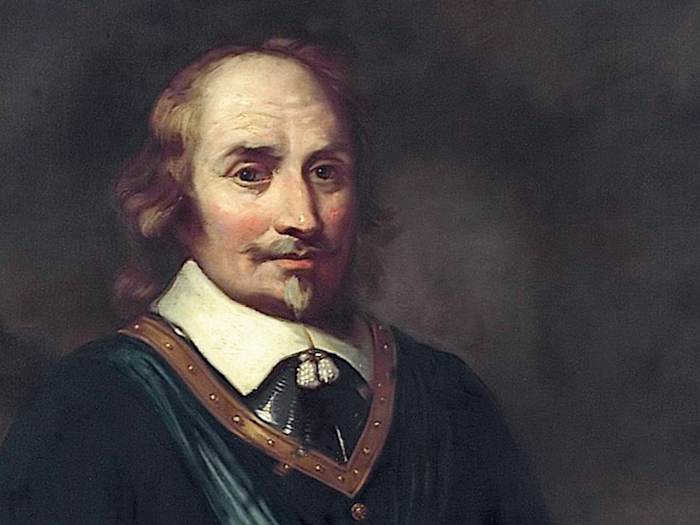
In October 1639 Tromp lead a Dutch fleet of 95 ships into the Battle of the Downs against the Spanish. The armada was completely routed and Spain never recovered its naval dominance.
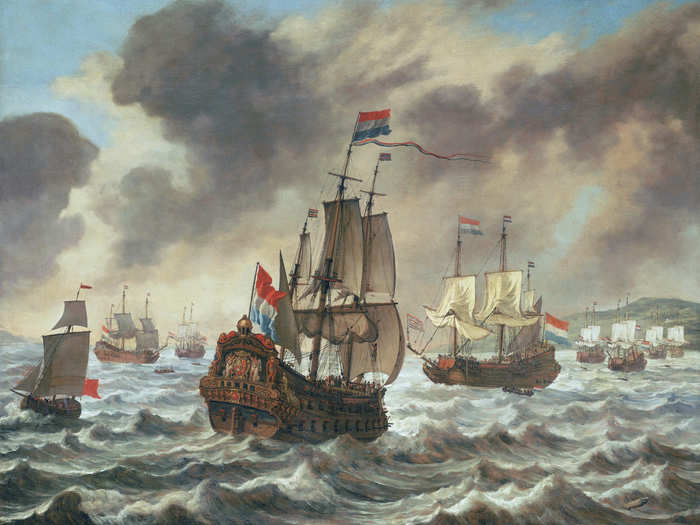
6. Alcibiades was a Greek statesman, military leader and the last notable member of the Athenian aristocratic family the Alcmaeonidae, which could trace their lineage back to the 7th century.
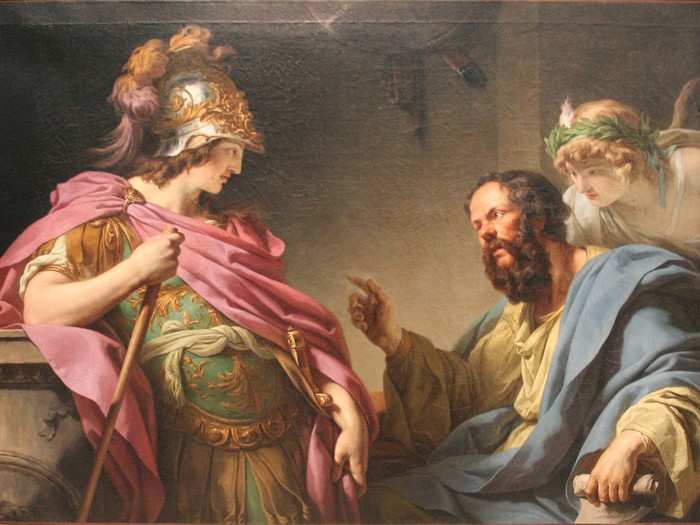
Alcibiades' most famous victory came at the Battle of Cyzicus where he split the Athenian fleet, using a small force to draw out his Spartan enemies before using the rest of his ships to cut them off and send them into retreat.
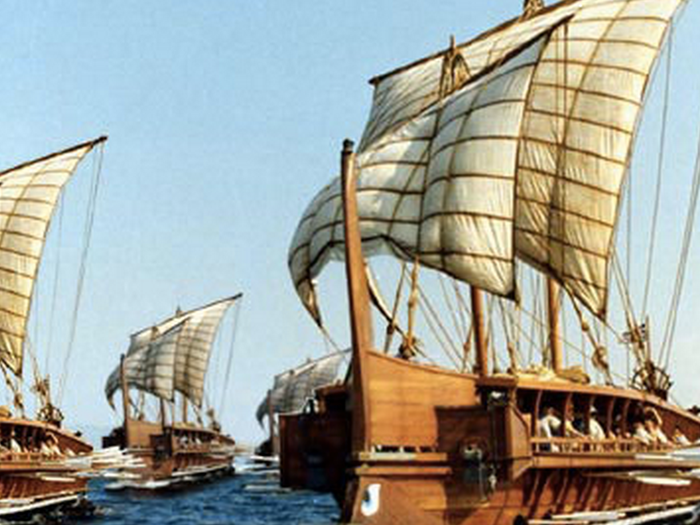
5. Alexander Vasilyevich Suvorov was the last Generalissimo of the Russian Empire. He holds the honour of never having been defeated in battle, with over 60 victories to his name.
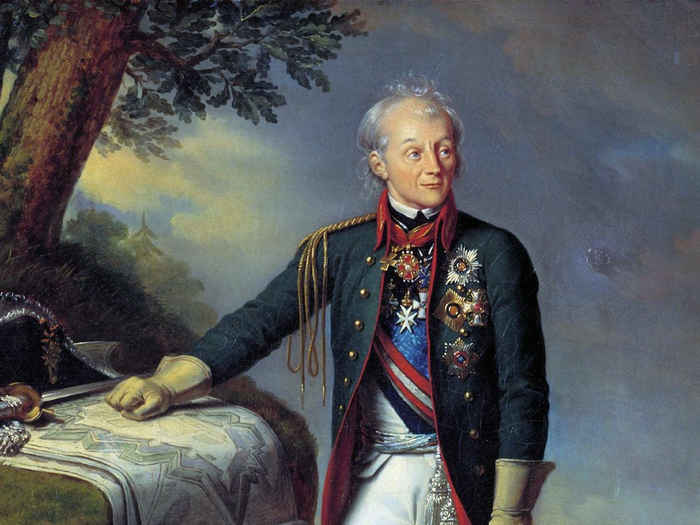
After having lost the city of Izmail to the Russians in 1770, the Ottoman state had refortified it with the Sultan claiming that the city was "impregnable". Suvorov begged to differ and in December of 1790 he successfully stormed and captured the city again in the name of Catherine the Great.
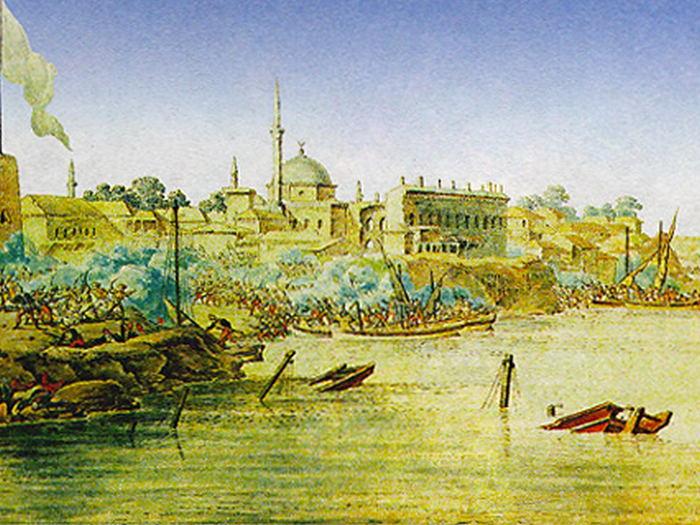
4. Frederick II, or Frederick the Great, was king of Prussia between 1740 and 1786. He was not only a great military tactician but also helped to bring Enlightenment ideas to Prussia.
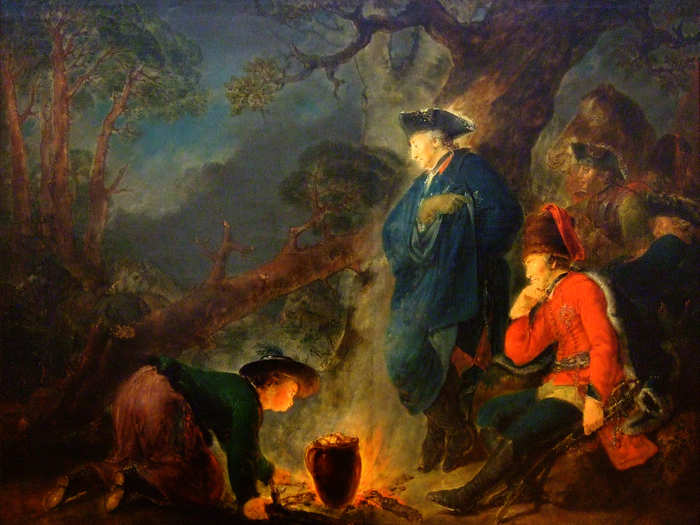
The Battle of Leuthen was a remarkable victory for the Prussian army against a much larger Austrian force under the command of Prince Charles Alexander of Lorraine. Frederick's troops outflanked and routed their adversaries in a mere three hours.
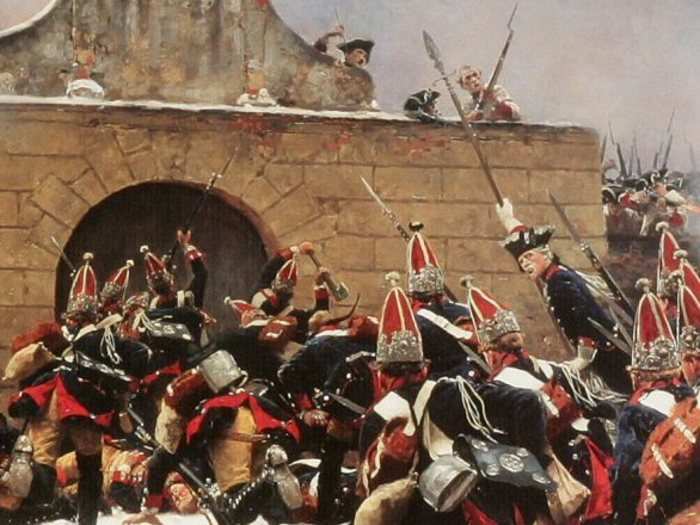
3. Publius Cornelius Scipio, or Scipio Africanus as he was to become better known, was born in 236 BC to a prominent Roman family and reached adulthood just in time for the Second Punic War against Carthage.
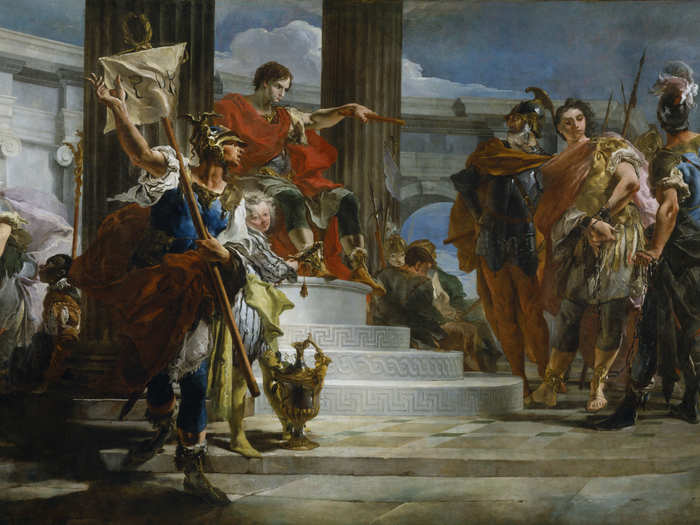
Scipio's most impressive victory came against the Carthaginian commander Hannibal in the Battle of Zama. The Roman's tactical insight was to increase the spacing between his troops to prevent Hannibal's elephants from breaking the ranks. It succeeded.
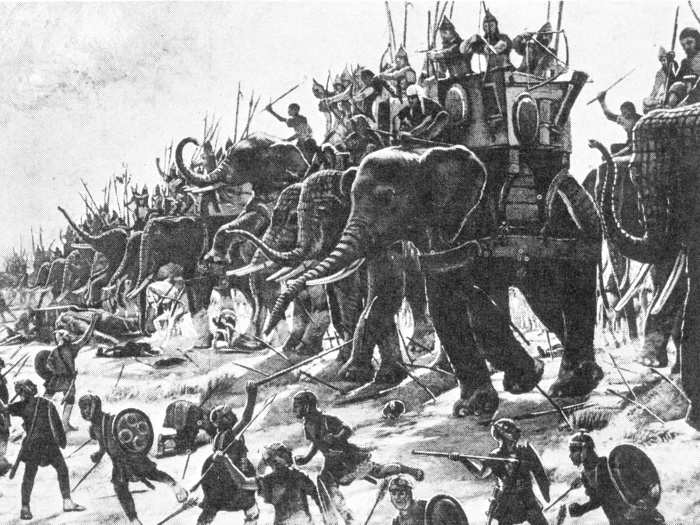
2. Arthur Wellesley, the Duke of Wellington, is famous as a military leader not simply for his feats of derring-do but for his tactic genius in defensive actions.
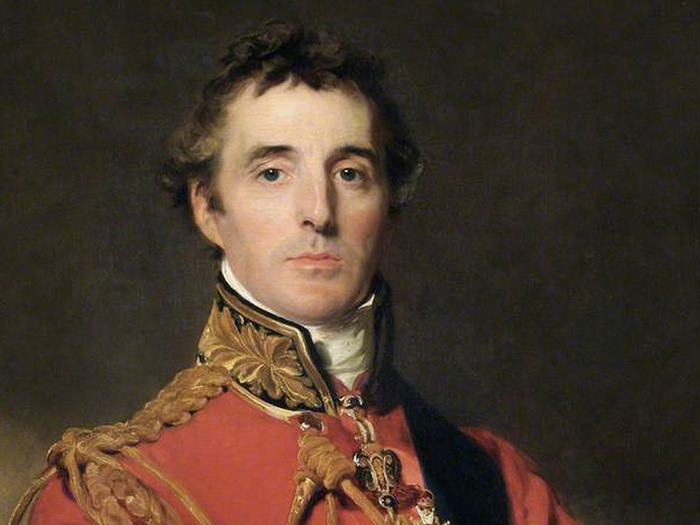
Perhaps his greatest victory came against the Emperor Napoleon at Waterloo. Wellington himself had claimed that his army was "an infamous army, very weak and ill-equipped, and a very inexperienced Staff" but they were nevertheless able to defeat the French forces (thanks in no small part to the timely arrival of their Prussian allies).
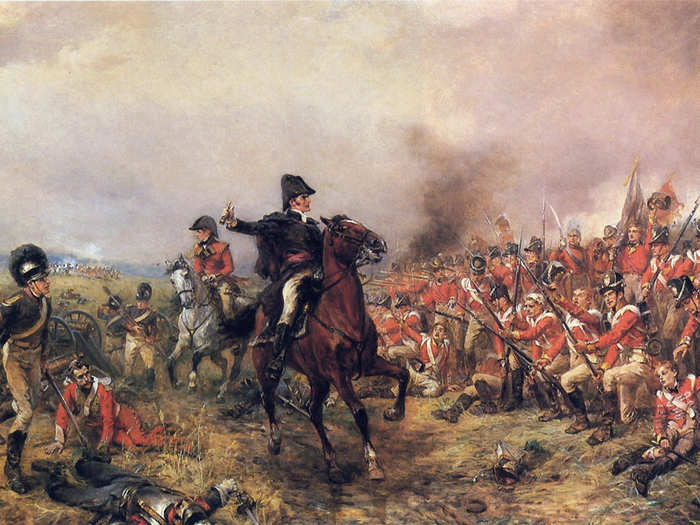
1. Napoléon Bonaparte. Of all the European leaders in history, the first emperor of France stands head-and-shoulders above the rest (despite the rumours about his small stature).
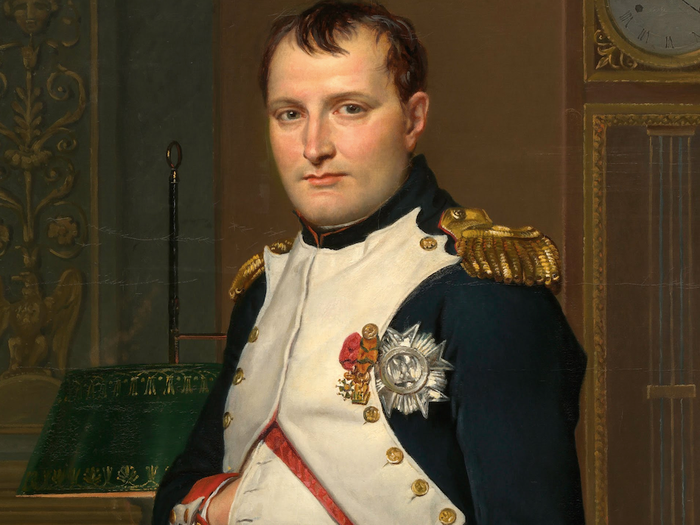
Although Napoleon enjoyed a great many victories, his success at Austerlitz in 1805 against the combined forces of Tsar Alexander I and the Holy Roman Emperor Francis II is perhaps his greatest. Such was the scale of the victory that it prompted British statesman William Pitt to remark: "Roll up that map of Europe; it will not be wanted these ten years."
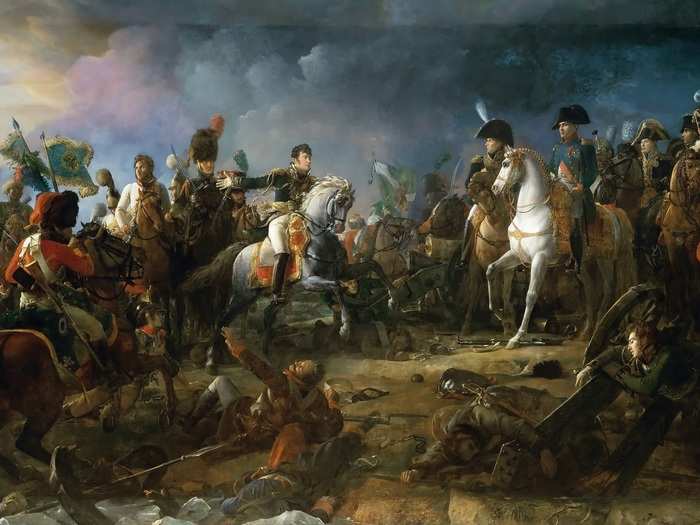
Popular Right Now
Popular Keywords
Advertisement
